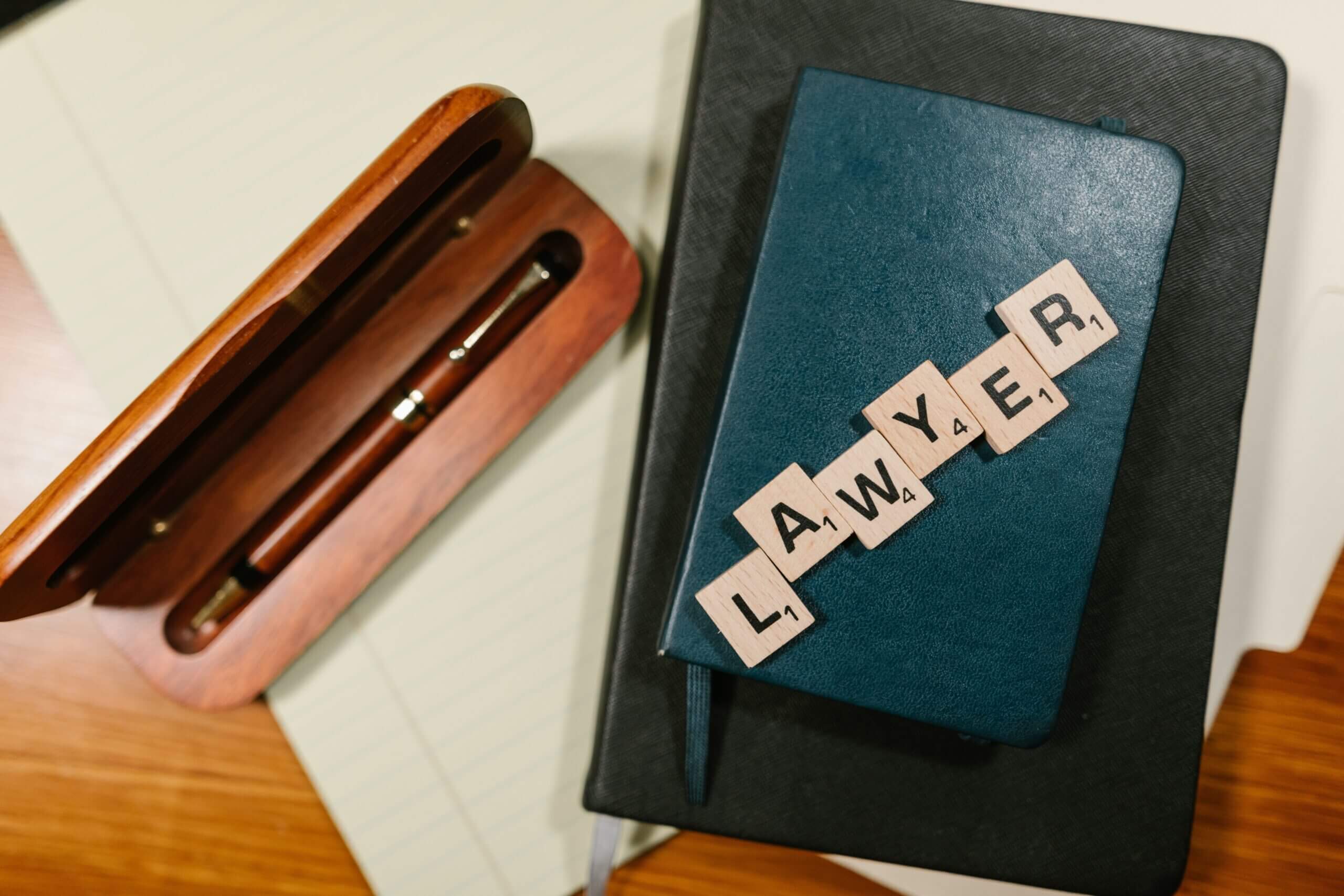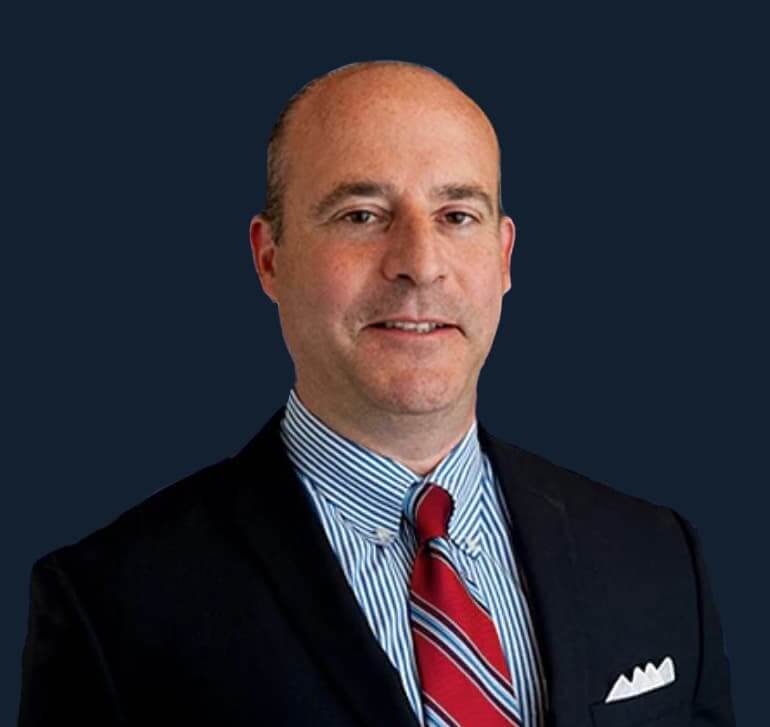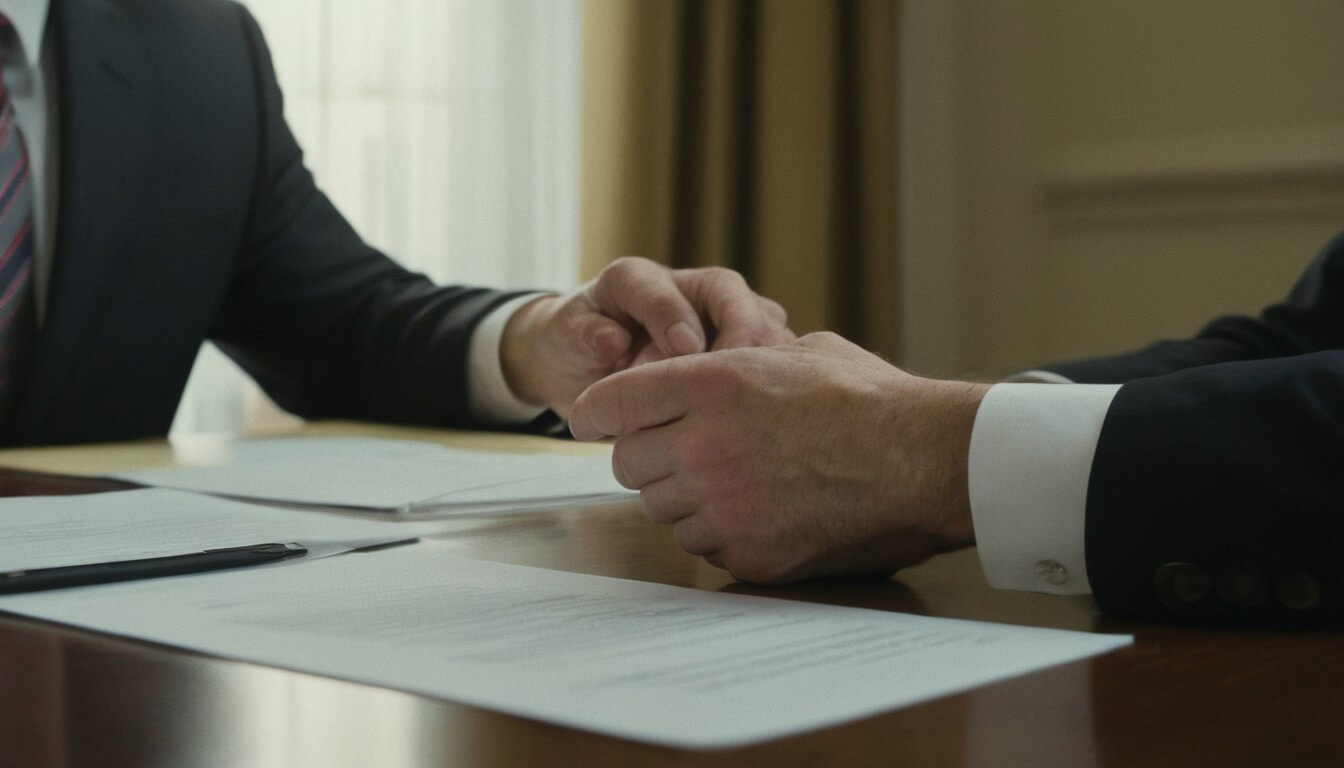Recorded Statement After a Maryland Car Accident
If you are in a car accident, your insurance provider may ask for a recorded statement after a Maryland car accident. In many instances, an insurer will request to conduct a recorded interview with one of our clients, and we reject this request. We reject the request in nearly every instance that the defendant’s insurer requests an interview, as is our right. However, you have a legal duty to cooperate with your auto insurer under your insurance contract. The courts have interpreted this clause to mean you must participate in a recorded interview. Moreover, if you agree to participate in the interview but do not cooperate, that may also be viewed as a breach of contract. If you breach the contract with your insurer, they may escape the contract and void coverage.
While insurance companies like to portray themselves as having your best interest in mind, this is rarely the case unless it coincides with their own interest. The recorded statement after a Maryland car accident can play a pivotal role in your legal case. Insurance companies know this, so they invest their resources into conducting them. This is why it is imperative you retain legal counsel and consult with your attorney prior to any interview. Your attorney should never tell you to fabricate a narrative to lead to victory. Instead, your attorney will explain to you what the process is like and ensure you are mentally prepared. If not for this practice, you may say something on the record that you do not even believe but blurt out because you are nervous or do not truly remember.
What is a Recorded Statement?
A recorded statement is a formal account given by an individual involved in a car accident, which an insurance company records as part of the claims process. The adjuster from the insurance company, in almost all cases, works for your own insurer. While they may seem friendly and often are, you should remember that they are not necessarily working for you while conducting this statement. The statement almost always occurs over the phone and should not last longer than ten minutes. The adjuster will set up a recorder to maintain a transcript of the conversation over the phone. Accordingly, you should speak clearly when asked a question so it is correctly transcribed and not misinterpreted. The insurer may state that the purpose of the statement is to gather a firsthand account of the accident.
That may include events leading up to and immediately following the car accident. They also intend to ask about injuries, damage to the vehicle, and how the accident happened. However, they are looking for more information than just that. They also want to know if you will say anything that contradicts something you told them earlier or something that you may later say on the witness stand at trial. If you do say something contradictory, they may be able to undermine your credibility. The credibility of a witness at trial is crucial in the eyes of a jury. If you lose your credibility, especially as the plaintiff, they may no longer value anything you say and hold it against you when valuing your damages sustained.
Legal Significance of a Recorded Statement
Even if we never make it to trial, the insurance companies may take the opportunity to evaluate how you would come across on the witness stand by the way you speak on the recorded statement. If they take you as an unlikeable witness, they may offer a bit less during settlement negotiations. This is true if you start to argue with the adjuster. They assume you may do the same thing against the defense attorney at trial. This would make you less likable to a jury and is something to avoid. On the other hand, if the insurance adjuster takes you as an overly kind and polite individual, they may think a jury would have empathy for you and value your case more. This, too, will weigh on the adjuster while making settlement offers if they accept liability.
Preparing for a Recorded Statement
While recording a statement after a Maryland car accident, you should speak to an experienced Maryland accident attorney. Every case is different, meaning the preparation for a recorded statement should vary depending on the facts of your case. Your attorney should tell you what kind of questions they will ask. As car accident lawyers, we have gone through these interviews thousands of times. While every adjuster is different and may ask slightly different questions, many questions get recycled.
Accordingly, we anticipate at least half of the questions they will ask. A prudent attorney will tell you what these questions may be so you are not surprised and do not panic during the recorded interview. One of the most essential pieces of advice is not to guess. If you are unsure of something but still want to feel confident, you may guess that you were going a particular speed, the accident happened at a specific time, or that the accident occurred a certain way.
Checklist for Review During Preparation

However, we often do not know our exact speed at the time of impact. We may not know the specific time. Or, you may have been a passenger in the accident and have no idea how the accident happened. It is critical not to guess. If you do guess, that testimony will be used against you if it turns out incorrect. Accordingly, we recommend taking the following actions to prepare for a recorded statement after a Maryland car accident.
- Review the facts of your accident.
- Gather all relevant documents such as the police report, medical records if available, and repair estimates.
- Rehearse your responses so you are more confident when making your statement.
Remember, be clear and concise, avoid speculation, and stick to the facts that you know. This case likely affected your life in unimaginable ways. It is your story to tell. By following these guidelines, you can tell this story in an effective and honest manner.
Potential Pitfalls of Providing a Recorded Statement
Among the most common pitfalls of providing a recorded statement after a Maryland car accident is inadvertently admitting fault by speculating as to how the accident occurred. If you are unsure what happened, do not guess. If you do guess, you may say something that is not even true. However, that false statement may be enough for us to fail to prove our burden in a court of law. A second potential pitfall to look out for is saying one thing during your statement but another at the accident scene to the police or during your trial. Consistency is critical.
That is why we advise against guessing. Additionally, saying what you think is best for your case can work against you. For example, if the adjuster asks you how hard the impact was on a scale of 1-10, and you say it was a 12/10 to indicate how injured you are, that can work against you.Your injuries are your injuries. We will prove those with evidence of the property damage to your vehicle and what your medical records state. Your subjective determination of how hard the impact was will not sway anyone. Instead, it may make it seem like you tend to exaggerate, which can reduce your credibility. Instead, try to be as accurate as possible when answering this question.
Speak to a Maryland Accident Attorney
Contact our office today for a free case evaluation. If you are getting ready to give a recorded statement after a Maryland car accident, call our office today to discuss at (202) 331-7227.
















